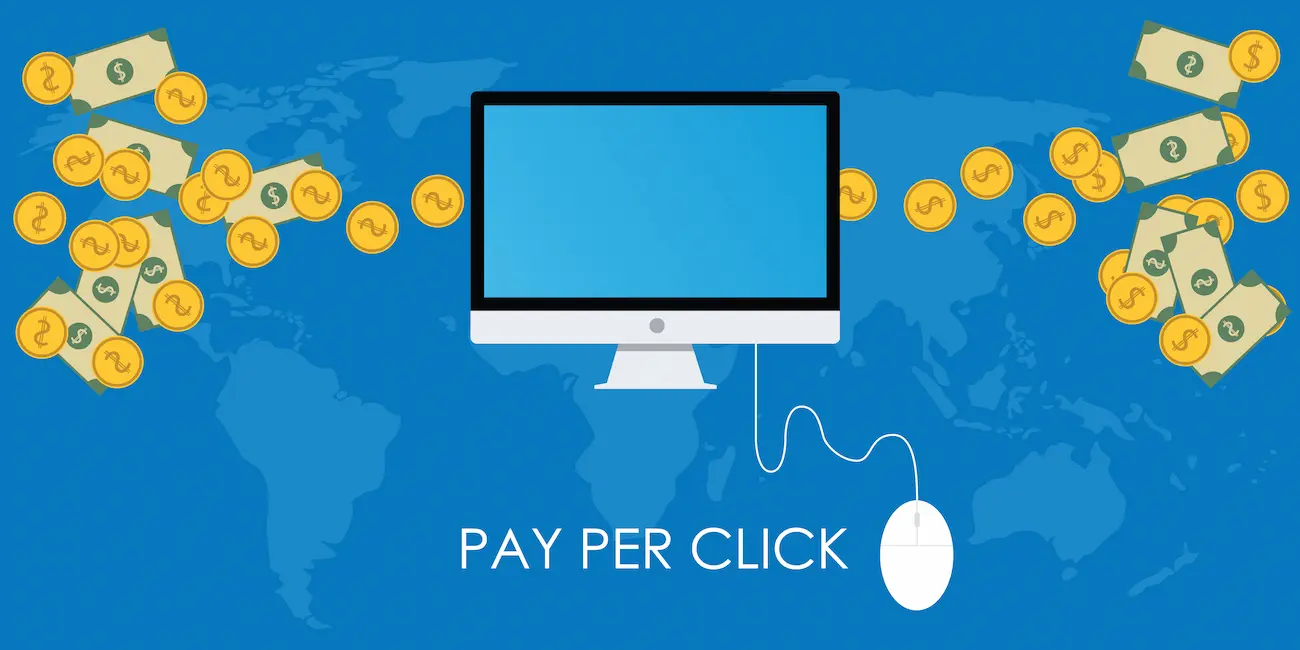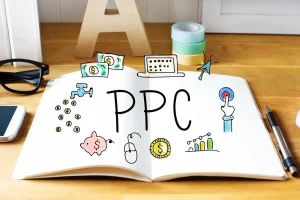COVID-19 Update: MSEDP is operational and committed to responding to the needs of our customers.
COVID-19 Update: MSEDP is operational and committed to responding to the needs of our customers.

Paid search is a powerful strategy for driving business growth across industries. At MSEDP, we offer the expertise and tools to help businesses launch and manage successful pay-per-click (PPC) campaigns. Explore this overview to familiarize yourself with key PPC terminology and discover essential tools designed to streamline and optimize your campaign management.
It is easy to dive into paid search campaigns and make the mistake of bidding on overly competitive keywords. All this does is result in rapidly depleted ad spend, far fewer impressions than everyone hopes for, and the misguided assumption that PPC “doesn’t work.” When in fact it was the approach that squashed all hopes of a successful and meaningful campaign.
A sounder approach for launching a PPC campaign is to target keywords with high commercial intent that are cost effective for the given budget. These keywords are “long-tail keywords," which are search terms that are typically longer, more precise, and, ultimately, more affordable. In reality, long-tail keywords account for the majority of searches conducted every day. On top of that, they account for a vast number of search queries and tend to be more affordable. This is a wise way to spend ad money, since many larger advertisers with bigger budgets want to target the highly competitive (and expensive) keywords that are beyond the reach of smaller companies. Finding that sweet middle ground is what we at MSEDP do best.
Another advantage of targeting long-tail keywords is the precision with which advertisers can tailor their ads to users’ search intent. For example, if a user searches for “washing machines,” then the chances are good that the keyword “washing machines” will cost significantly more than a long-tail keyword. Although the commercial intent of this query is reasonably strong, there is still some ambiguity with the search. The person searching may be looking for information on the history of the washing machine, or an explanation of how they work. And neither of those searches help someone with dishwasher repair or dishwasher sales.
This is where a long-tail keyword comes in handy, since a search term for "washing machines" can be “Whirlpool quiet spin washing machines” or "washing machines for restaurants." These examples are far easier to target in a PPC campaign. They include the brand name of the product the user is looking for, the product features they want, and/or the industry all with the core keyword, “washing machines.” Achieving a high Ad Rank for this long-tail keyword will be much easier than for a more competitive, generic term.
On top of that, it will also likely cost less, too, to put into action. And not for nothing, but audiences know what they are searching for. This is why a targeted search can pay dividends. Many users are simply smart enough to narrow down what they want with a search term, understanding that "washing machines" is too vague. Instead opting for a keyword that is a little more specific.
After selecting the right keywords for your PPC campaigns, the next step is to organize your account logically. Grouping related keywords together is a widely recommended best practice in paid search. When keywords are grouped semantically, it brings several advantages. For starters, it simplifies the process of writing optimized ad copy, since the ads can closely align with the specific keywords in each group. This structure also allows for easy creation of ad variations that target similar audiences. All while staying focused on your core keyword themes.
 Clustering keywords into logical ad groups has a range of other benefits, which include:
Clustering keywords into logical ad groups has a range of other benefits, which include:
There are different types of PPC ads, but one of the most common types is the paid search ad. These ads appear when people search for things online using a search engine like Google. This is especially true when they are performing commercial searches, which is when a user is looking for something to buy. This could be anything from a mobile search, like someone looking for “pizza near me” on their phone, to a local service search, such as someone looking for a dentist or a plumber in their area. It can even be someone shopping for a gift for a particular reason, like “Mother’s Day flowers” or a high-end item like enterprise software. All of these searches trigger pay-per-click ads.
If you are not paying then you may be behind your competitors who are. In pay-per-click advertising, businesses running ads are only charged when a user actually clicks on their ad. Hence the name “pay-per-click.” Other forms of PPC advertising include display advertising, which is typically banner ads, and remarketing.
As its name implies, the Ad Auction is a bidding system for particular keywords. This means that advertisers must bid on the terms they want to “trigger,” or display, their ads. These terms are known as keywords. So, for example, let's say your business specializes in camping equipment. A user wanting to purchase a new tent, sleeping bag, or portable stove might enter the keyword “camping equipment” into a search engine to find retailers offering these items.
When the user submits their search query, the search engine performs the complex algorithmic calculations that the Ad Auction is based upon. This determines which ads are displayed, in which order, and by which advertiser. Since you have to pay for each click on your ads, it is imperative to only bid on keywords that are relevant to your business. This way you can be sure to get return on investment from your ad spend. A keyword tool can help you find the right keywords to bid on that are both likely to drive sales or conversions, and are not prohibitively expensive.
Our web team can help manage your account and pinpoint the best keywords for your business. We have heard horror stories when a simple miscalculation in search queries led to hundreds of clicks for a term that was outside their business. Meaning they paid Google hundreds or thousands of dollars for clicks to their website through search terms that did not apply. A bad way to spend your hard-earned money, wouldn't you say?
Pay-per-click marketing can be a very cost-effective way to drive traffic to your website and grow your business. However, it takes time and effort to do it right. There are a number of factors that can impact your PPC costs. Here are three of the more notable factors that affect your pay per click costs.
There is a lot to think about when it comes to keeping your PPC ads and campaigns in top shape. Be sure to trust MSEDP as your PPC ad campaign manager. We will make sure this campaign runs smoothly and pays dividends.
That’s pay-per-click marketing in a nutshell! But while the basics of pay-per-click advertising are simple, managing a successful paid search account can be anything but! Especially if you are a small business owner or you’re working with a small budget. Growth can’t wait, so if you need a little help with your PPC ads, contact MSEDP today. If you are looking for a dependable PPC ad campaign manager, then look no further than the team at MSEDP! We have years of experience working with the major PPC platforms, such as Google Ads. Get the most out of your website today.
© Copyright 2021 Mannino Systems. All Rights Reserved